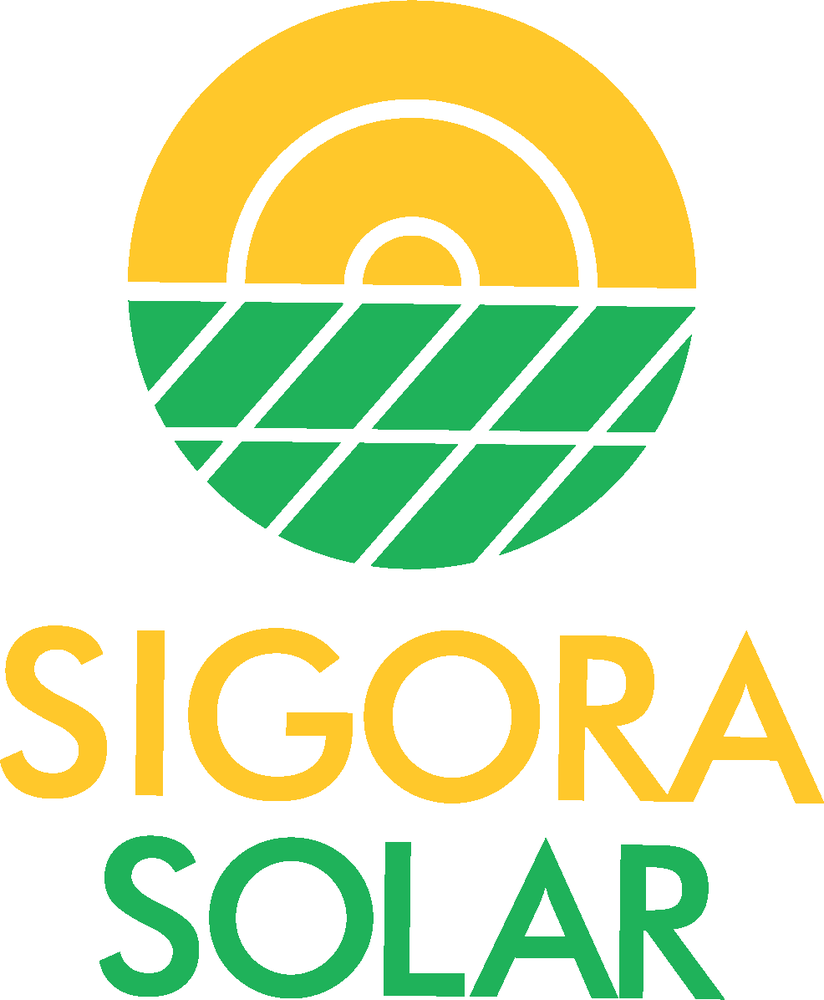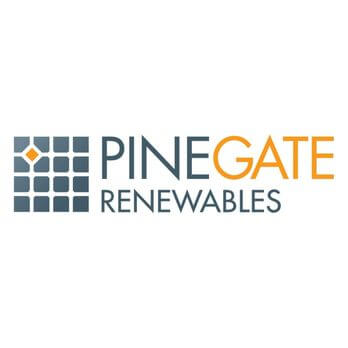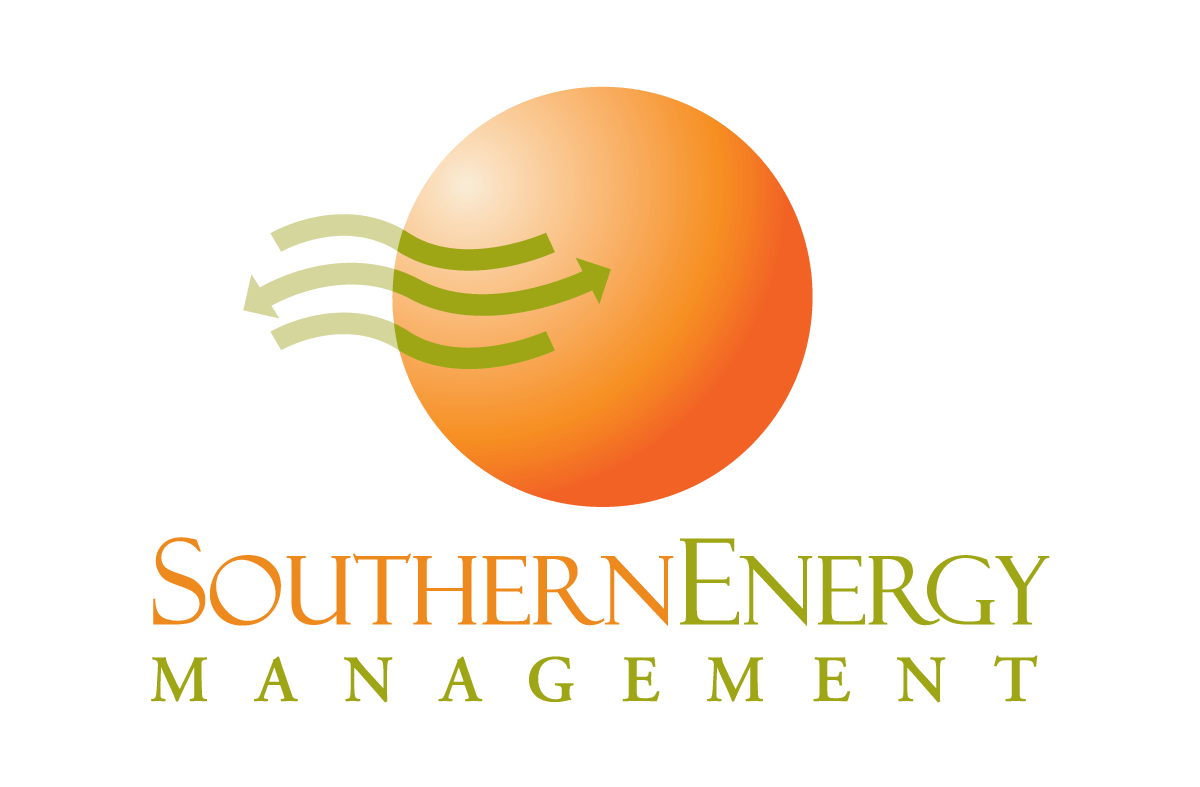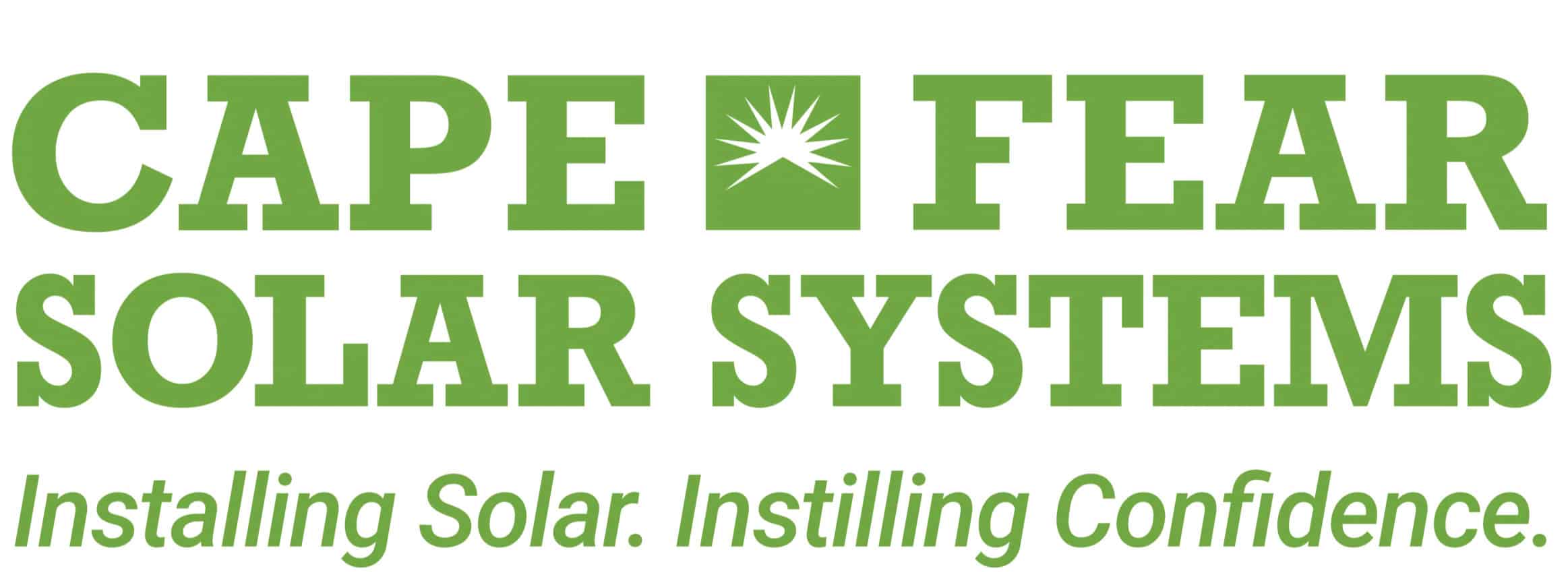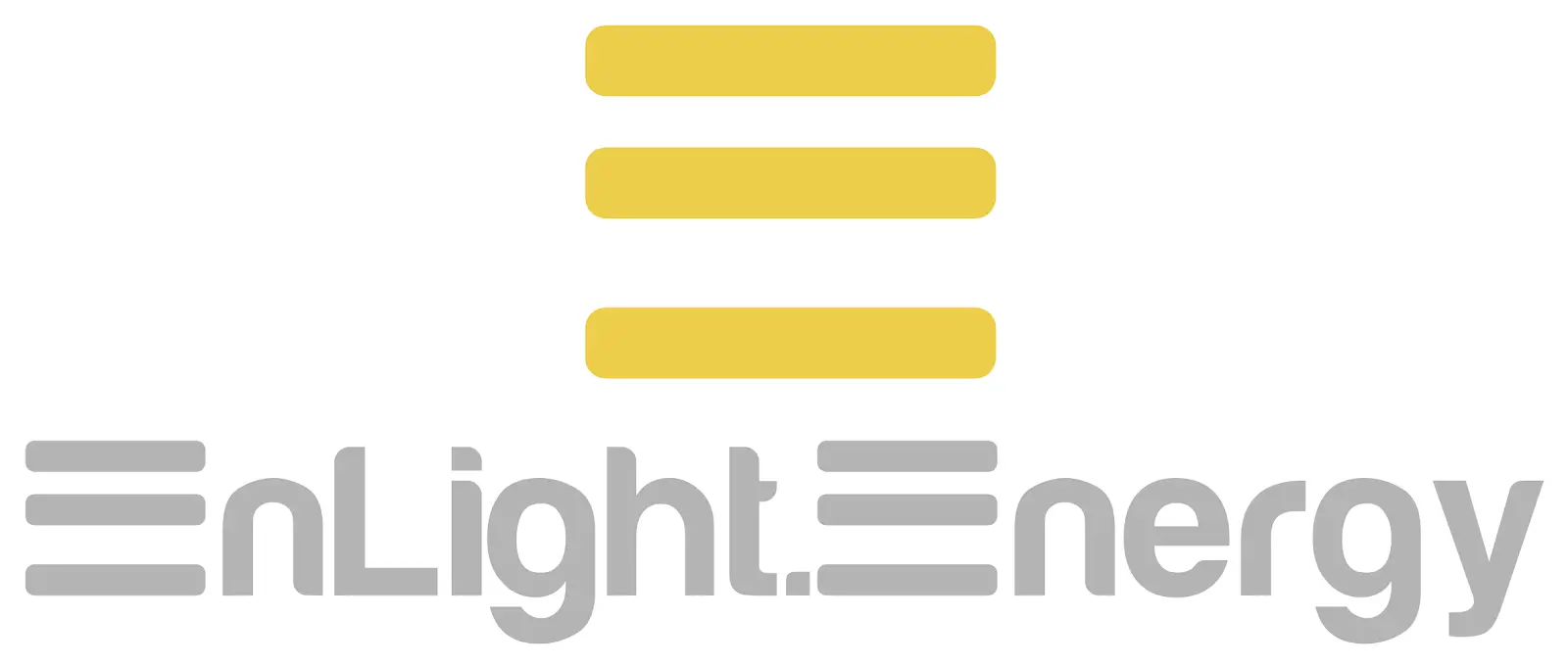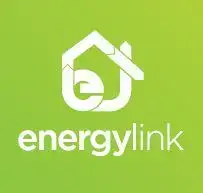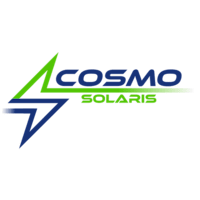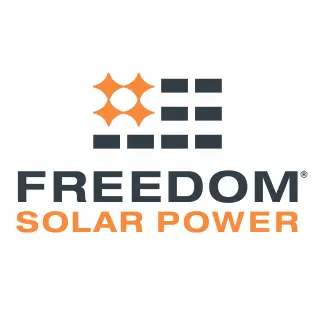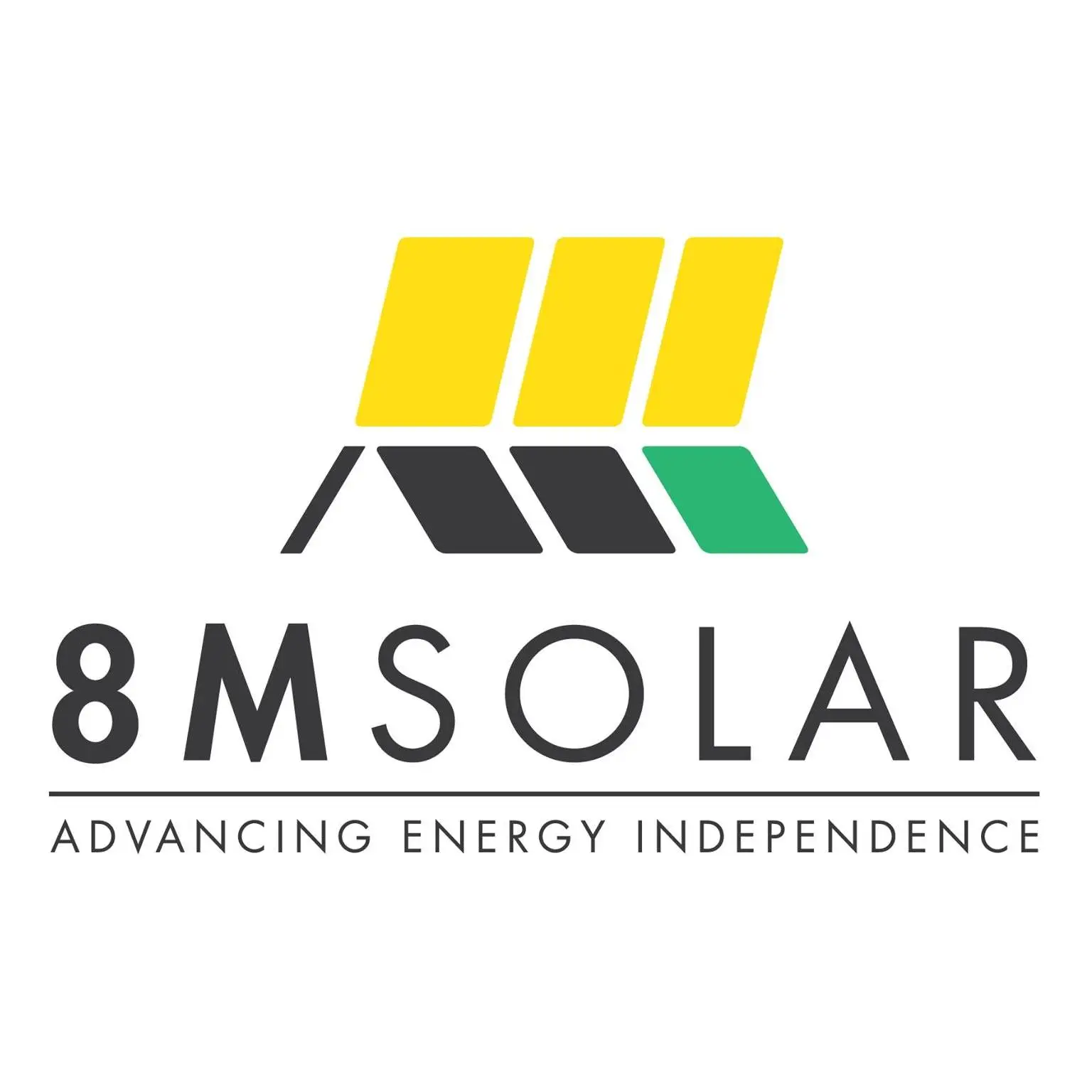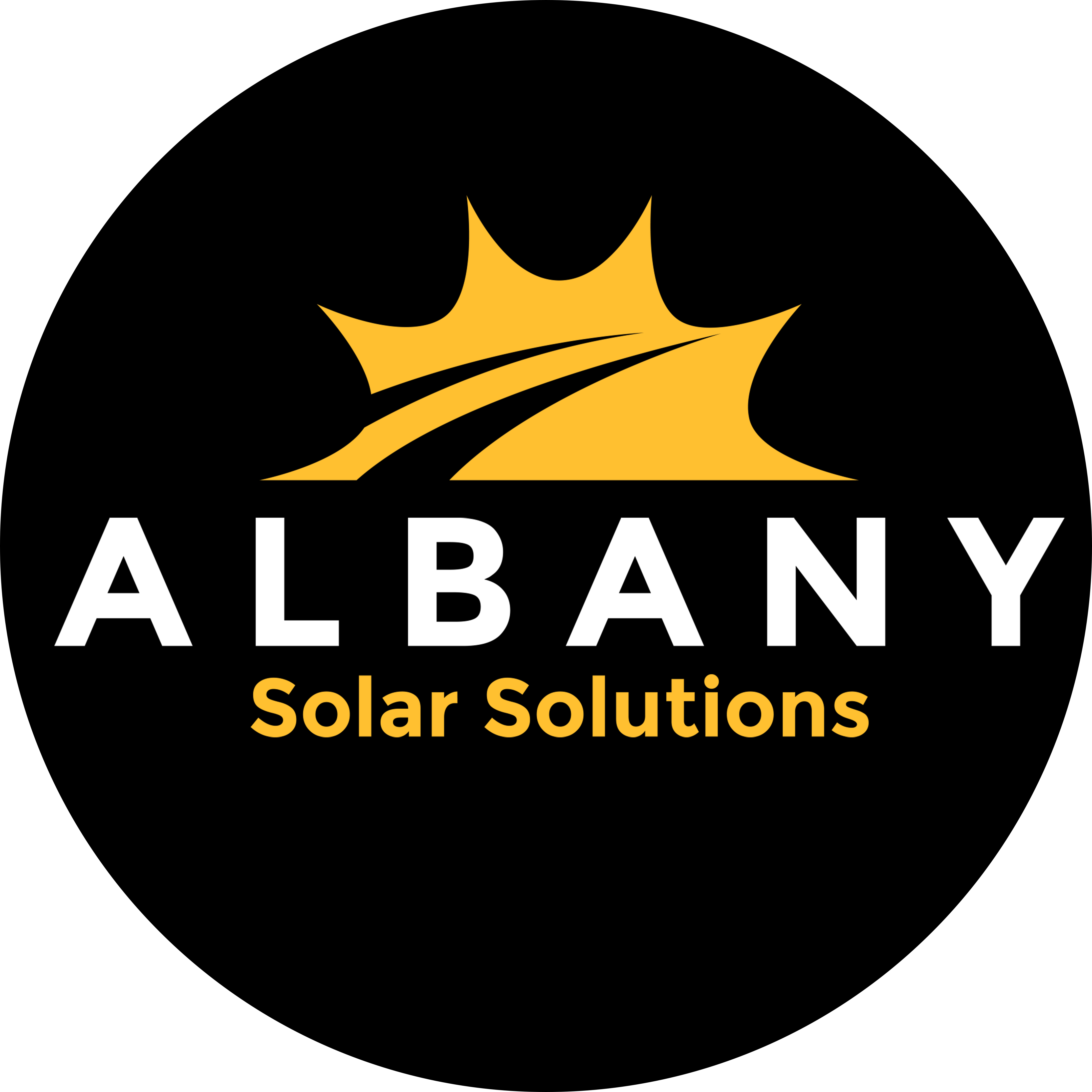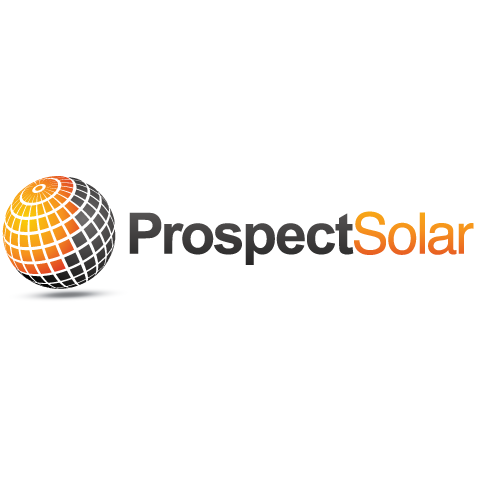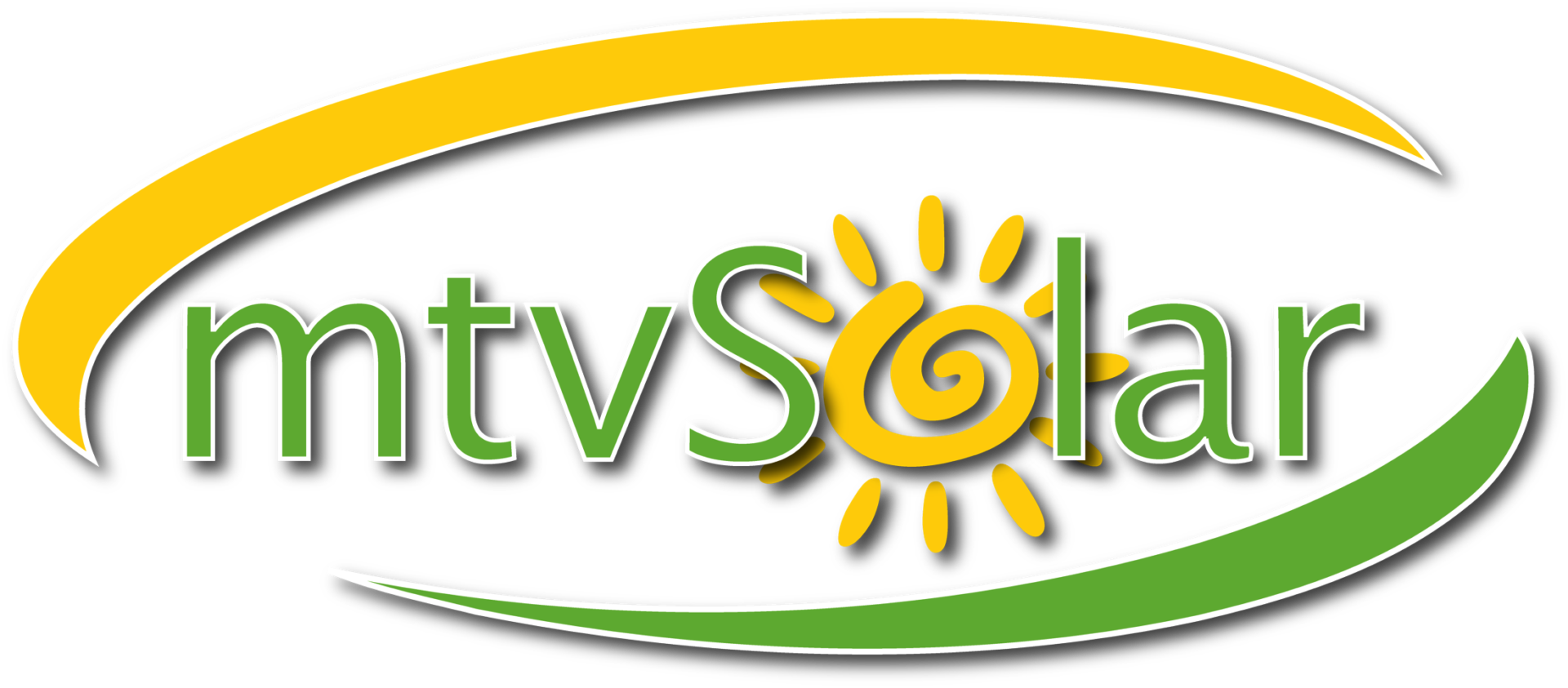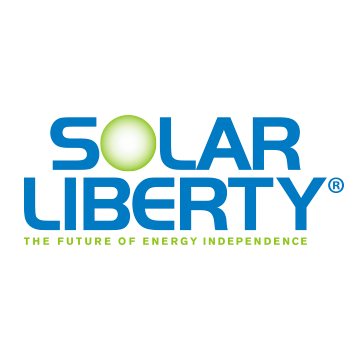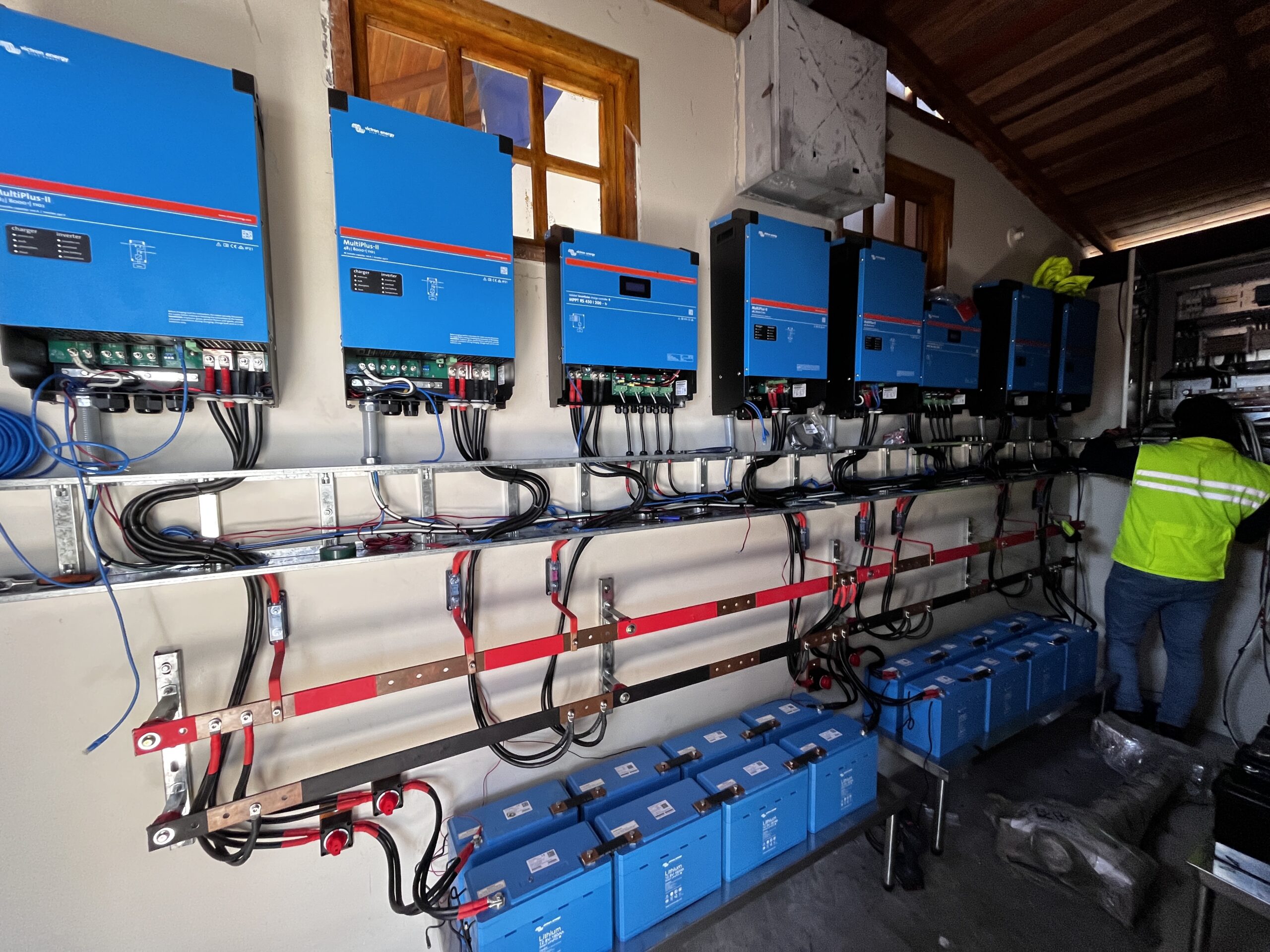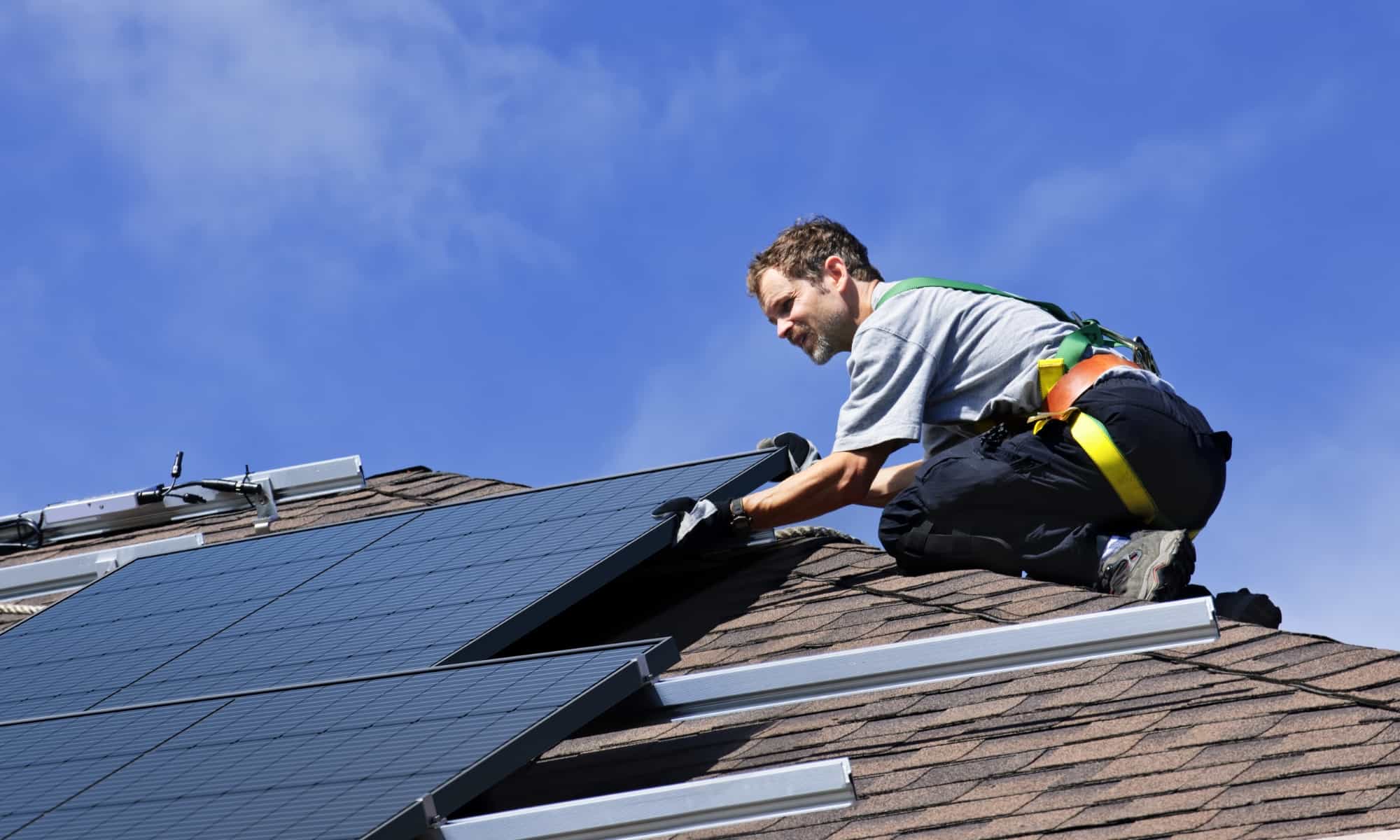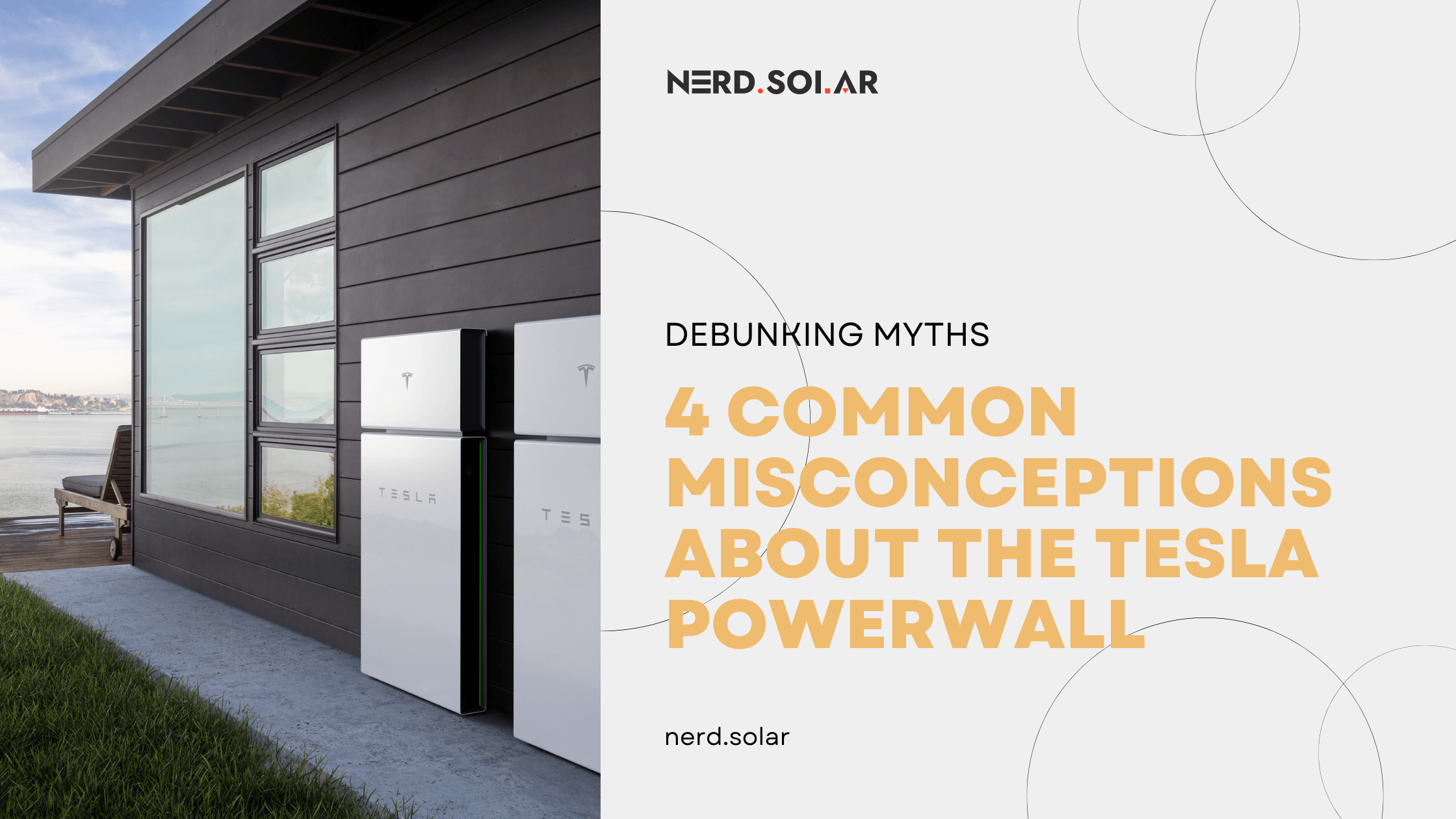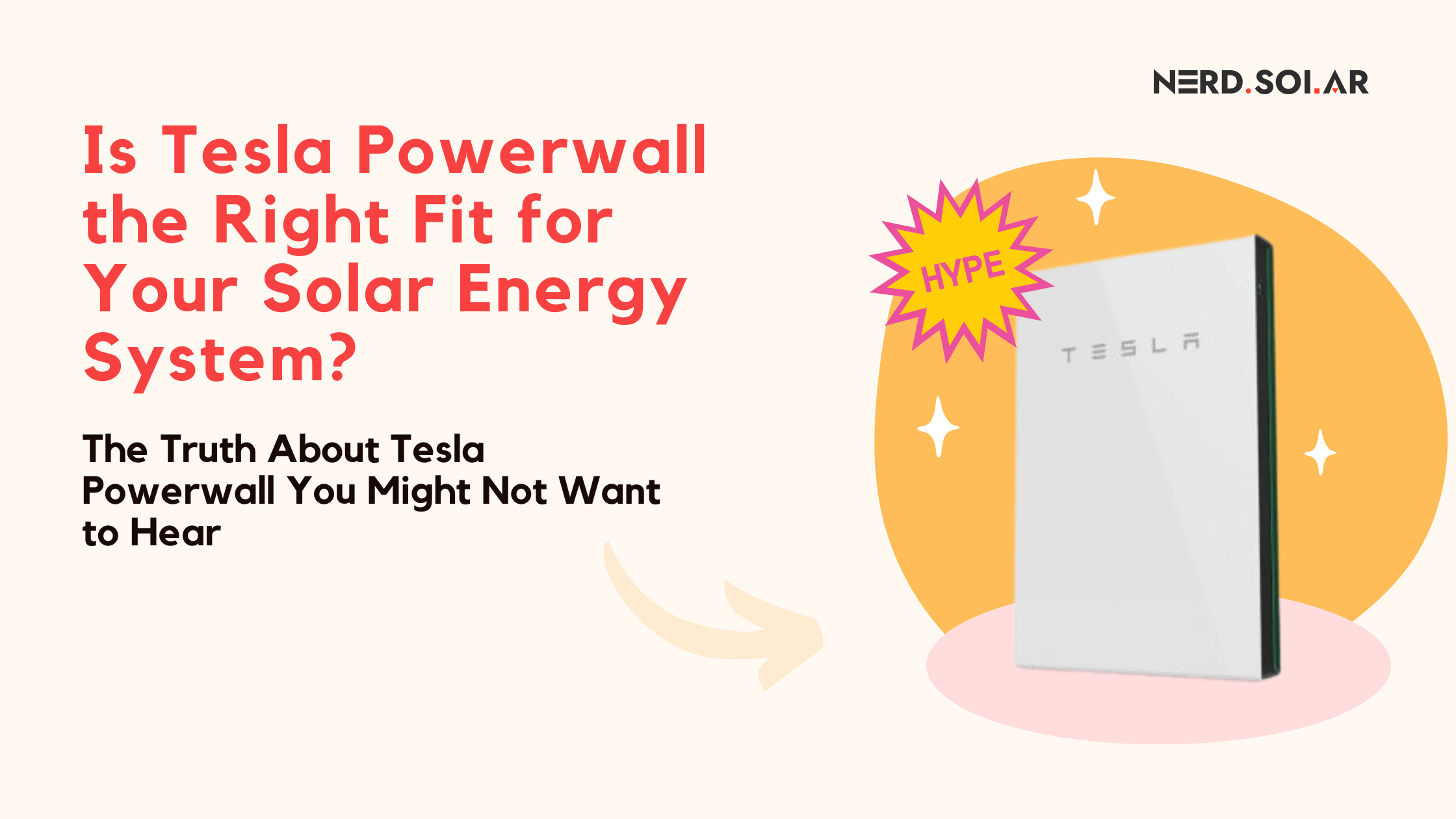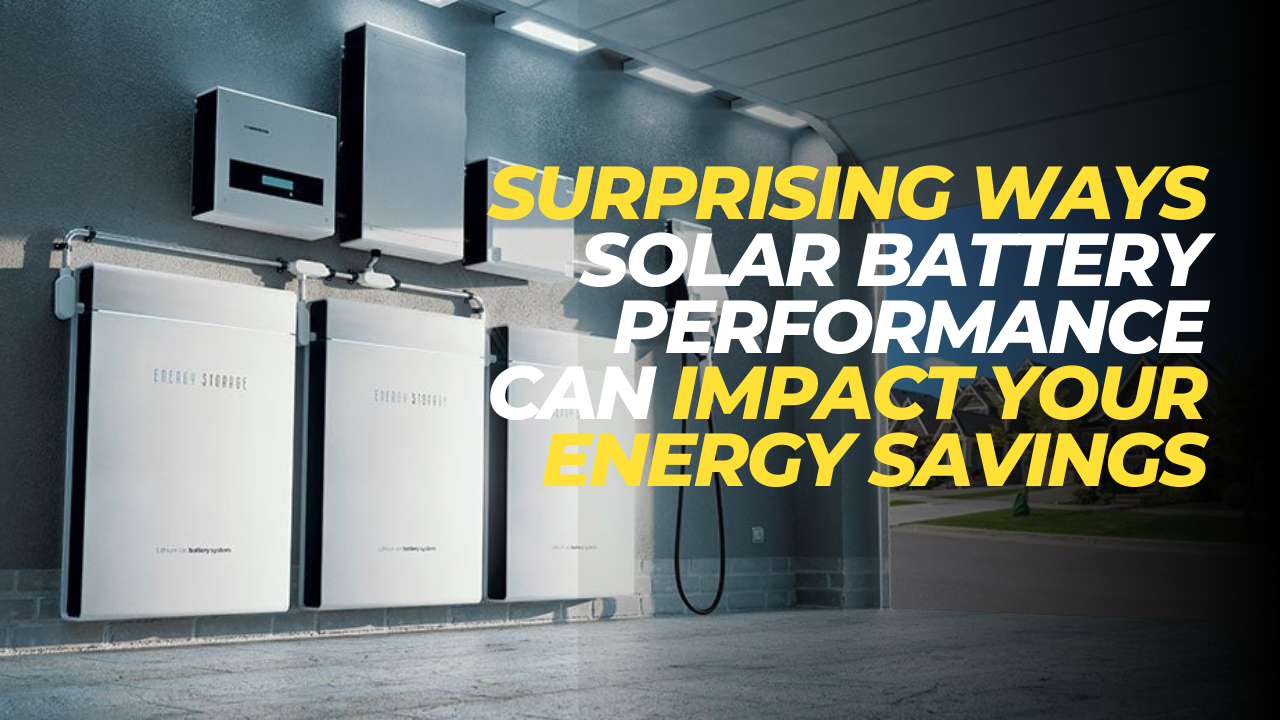How Do We Rate Solar Companies?
We rate solar installers from 1 to 5 stars to help you pick the best one. High stars mean they’re really good at what they do and treat their customers right. Low stars? Not so much. We give credit to companies that have been around for a while, know what they are doing, have a high standard of workmanship and equipment, don’t hire subcontractors to keep the bar of solar installation quality high and have good local reviews from real customers (yes, we check if the reviews are actually real or fake). Companies we choose as top-rated know and can help with federal and local solar incentives to help you save, have good financing plans, and guarantee their work. We’re here to point you to the solar companies that truly rock, making going solar easy and worthwhile for you.
Is It Worth Going Solar in North Carolina?
Going solar in North Carolina can be quite beneficial. The state offers several incentives for solar energy adoption, including net metering and rebates, which can help offset the initial costs of installation. Additionally, solar energy is a clean and renewable power source that can provide significant savings on electricity bills over time.
North Carolina has ample sunlight, making it an ideal location for solar panel systems. The cost of solar installations has decreased over the years, and with the federal tax incentive, the overall investment becomes more affordable. Moreover, investing in solar energy contributes to environmental conservation and reduces dependence on fossil fuels.
It’s important to consider factors like your home’s solar viability, available roof space, and energy needs. Consulting with a local solar provider can give you a tailored assessment and help you understand the specific benefits you can expect in your situation.
How much does solar save homeowners in North Carolina?
Homeowners in North Carolina can expect significant savings from installing solar panels. On average, a 6kW solar panel system can save homeowners about $15,015 to $22,523 over its 20-25-year lifespan. Additionally, the federal solar tax credit offers a 30% return on solar panel purchases, further reducing the overall cost.
Moreover, Duke Energy provides a rebate of $0.40 per watt for residential solar systems up to 10 kilowatts, which means an average 8kW system could be eligible for a rebate of $3,200. These incentives, combined with the long-term savings on electricity bills, make solar installations a financially attractive option for many homeowners in the state.
What is the average cost of going solar in North Carolina?
The average cost of installing a solar panel system in North Carolina varies depending on the system size and the provider. As of February 2024, the cost is approximately $2.69 per watt. For a standard 5 kW system, this translates to an average cost of around $13,431 before incentives. After applying the federal tax credit, which reduces the price by 30%, the cost can drop significantly.
Here’s a breakdown of the average costs by system size before and after the federal tax credit:
- 3 kW system: $8,059 before the credit, $5,641 after
- 4 kW system: $10,745 before the credit, $7,521 after
- 5 kW system: $13,431 before the credit, $9,402 after
- 6 kW system: $16,117 before the credit, $11,282 after
*Keep in mind that these prices are averages and the actual cost can vary.
North Carolina Solar Incentives
Federal Solar Incentives
- Residential Clean Energy Credit: Homeowners can claim a 30% tax credit for the cost of solar PV systems installed between 2022 and 2032. The credit rate will decrease to 26% for systems installed in 2033 and 22% for systems installed in 2034.
Statewide Solar Programs
- State Property Tax Exemption: Solar PV systems owned by individuals and not used to produce income or connected with a business are not taxable.
- Low-Interest Loans: Agricultural producers and rural small businesses can receive guaranteed loan financing and grant funding from the Department of Agriculture for solar installations, covering up to 75% of eligible project costs.
Local Incentives
- Duke Energy Solar Rebate Program: Offers a rebate of $0.40/Watt for residential solar systems up to 10 kilowatts, meaning an 8 kW system could be eligible for a rebate of $3,2004.
- Net Metering: Credits homeowners for the excess electricity generated by their solar systems.
- Revolving Loan Options: Cities and counties in North Carolina may offer low-interest loans for solar panels and other energy upgrades.
These incentives make solar installations more affordable and encourage the adoption of clean energy. It’s always a good idea to consult with a solar energy provider for the most current information and to understand how these incentives apply to your specific situation.
